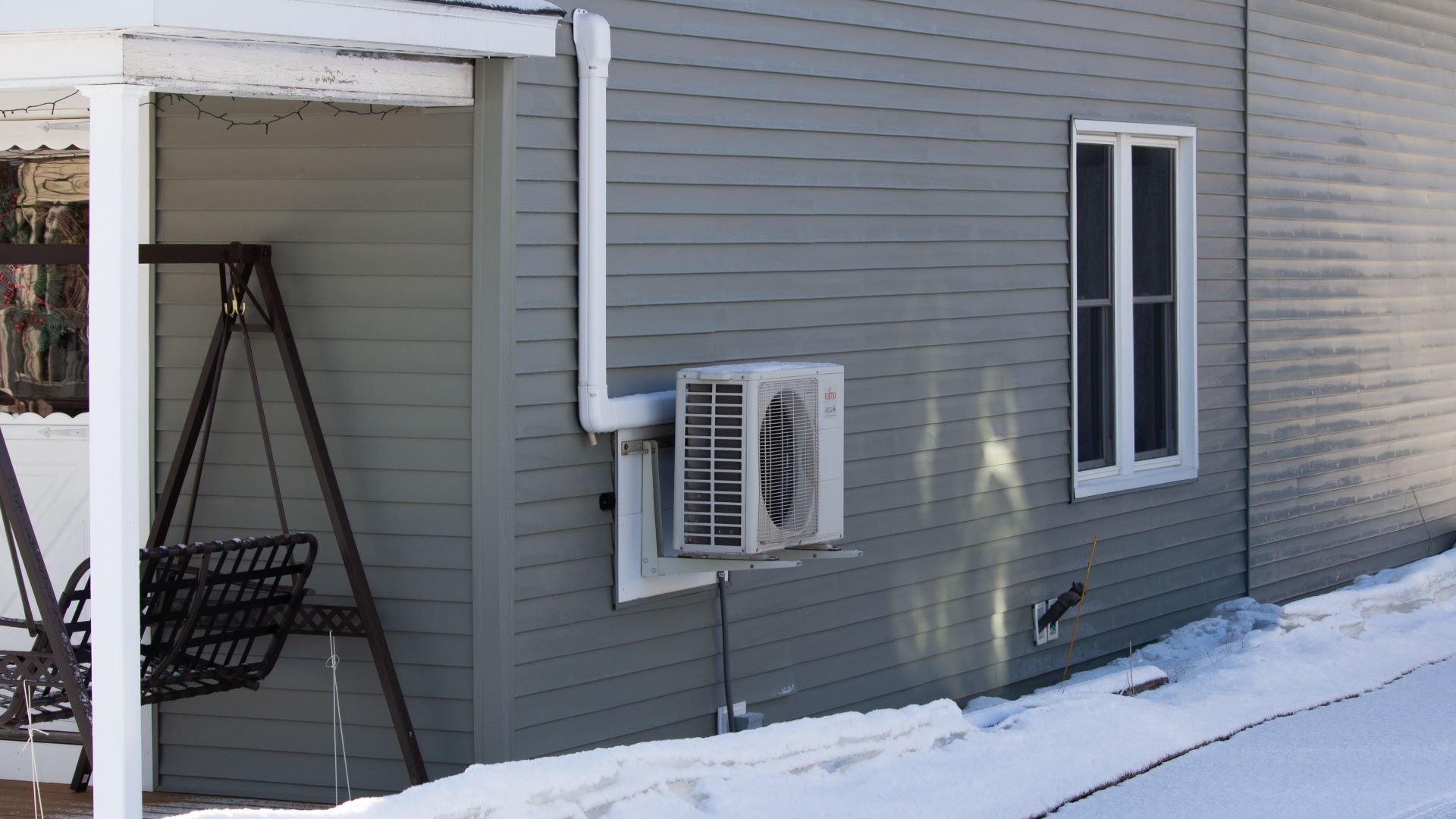Earlier this week, Maine launched a big home energy rebate program with funds from the Inflation Reduction Act. It’s the first of two long-awaited projects funded by the huge 2022 climate law, coming as the Biden administration works to speed this kind of money out the door ahead of the election.
Maine’s new $36 million home energy rebate program will fund efficient electric heat pumps and other electrification projects to help reduce emissions and cut fuel costs for low-income households, with an initial focus on manufactured homes and multi-family buildings.
The program is slated to expand to moderate-income families next year. It adds to Efficiency Maine’s existing electrification rebates, available in different amounts to Mainers at all income levels, along with existing federal tax credits for certain retrofits.
Phase two of Maine’s IRA implementation will come with another $36 million and focus on home efficiency upgrades. Those rebates are slated to launch sometime next year.
I reported late last year for Energy News Network on Maine’s nascent plans for its shares of IRA funding. As part of the federal Justice40 initiative, the law required 40% of funds to benefit disadvantaged communities — hence Maine’s focus on low-income families, especially those in multi-family housing.
Kristin Eberhard, the senior director of state and local policy with the electrification advocacy group Rewiring America, told me at the time that this money would be “transformative (for) those harder-to-reach households,” especially where it can cover 100% of the costs.
This new rebate program will expand what MaineHousing and community action agencies already offer in that vein, particularly to households that receive other forms of government assistance. We saw examples of this in our series Hooked on Heating Oil — and examined gaps in getting aid out the door.
The new IRA funding could fill some of those gaps, but bandwidth for actually using the money at the local level may remain a challenge. Local advocates are trying all kinds of ways to more quickly connect people with the right resources and funds for decarbonizing their homes and cutting costs in the process.
The pace of that spending, and the complexity of determining when IRA funds are technically spent, also raises some big political challenges.
On the Democratic side of the ticket, recall that Vice President Kamala Harris cast the tie-breaking vote in Congress to pass the IRA just over two years ago. She’s touted it on the campaign trail, particularly as it relates to job creation.
Former president Donald Trump, meanwhile, has pledged to claw back any “unspent” funds from the IRA, which he has called a “scam,” if he’s reelected in November — though the law is heavily benefitting red states and has been popular with conservative business groups.
To repeal the IRA, Trump would need to go through Congress, where even some Republicans have called for parts of the law to stay on the books. Writing in The Hill last month, Trump’s former Federal Energy Regulatory Commission chairman Neil Chatterjee called a full repeal unlikely.
But as Alex Brown wrote for Stateline this week, it’s not the only way a new Trump administration could snarl the rollout of further IRA funding, potentially creating market uncertainty with ripple effects for the pace of an energy transition that experts agree is badly needed to slow the effects of climate change.
So the Biden administration is feeling the pressure this fall to roll out billions in federal climate and infrastructure funds — including through state rebate programs like the one Maine launched this week.







